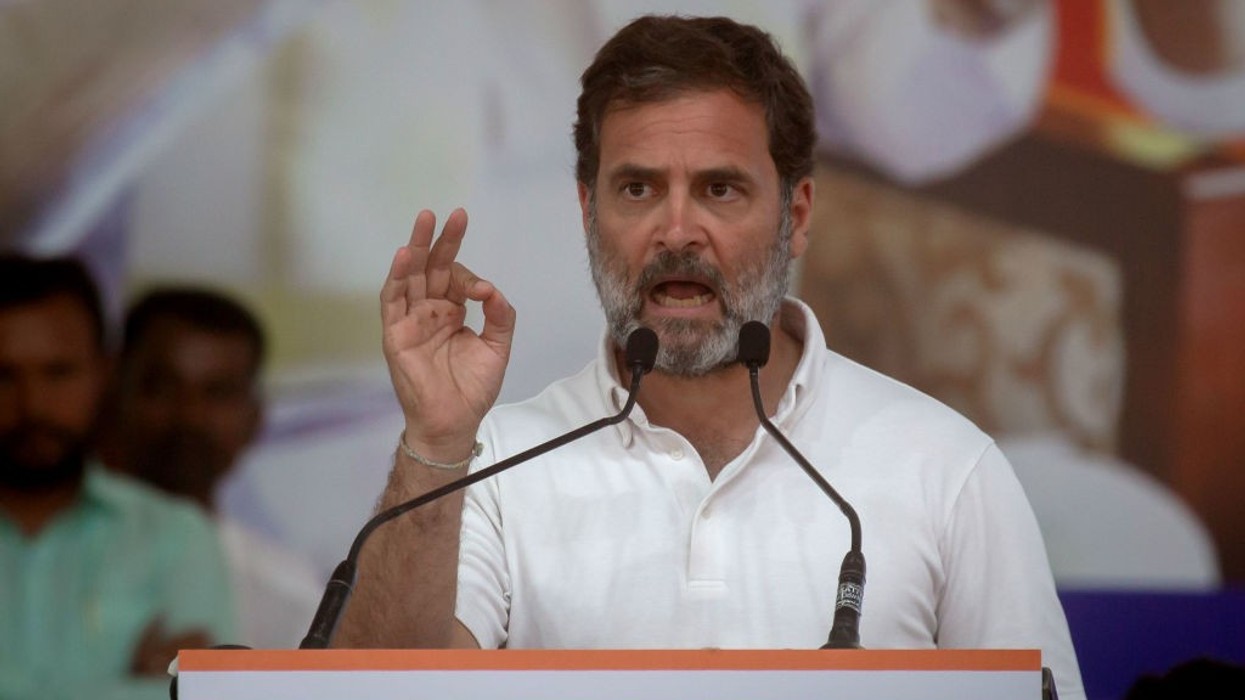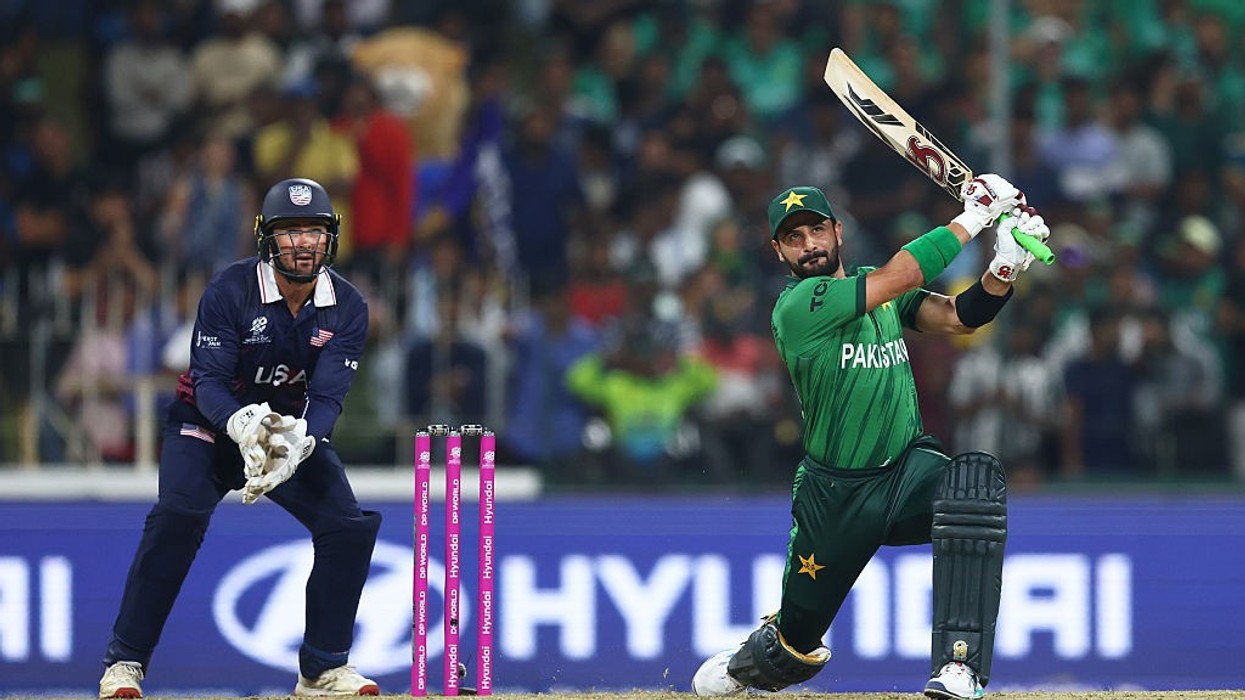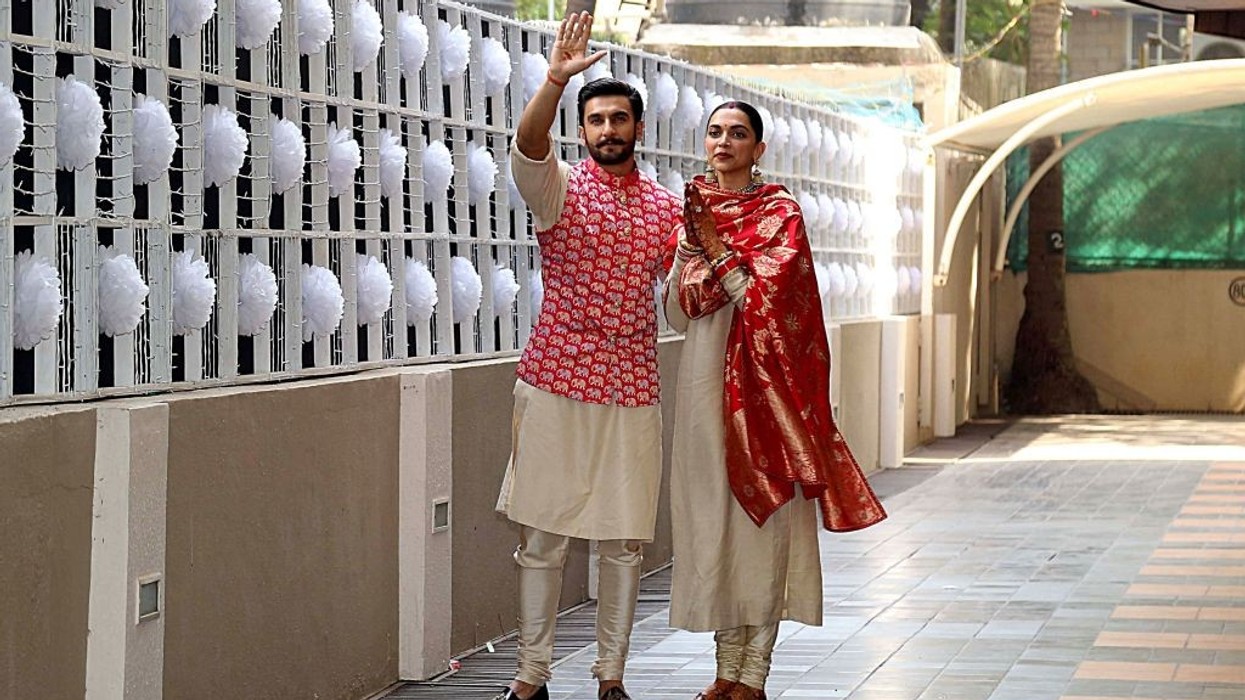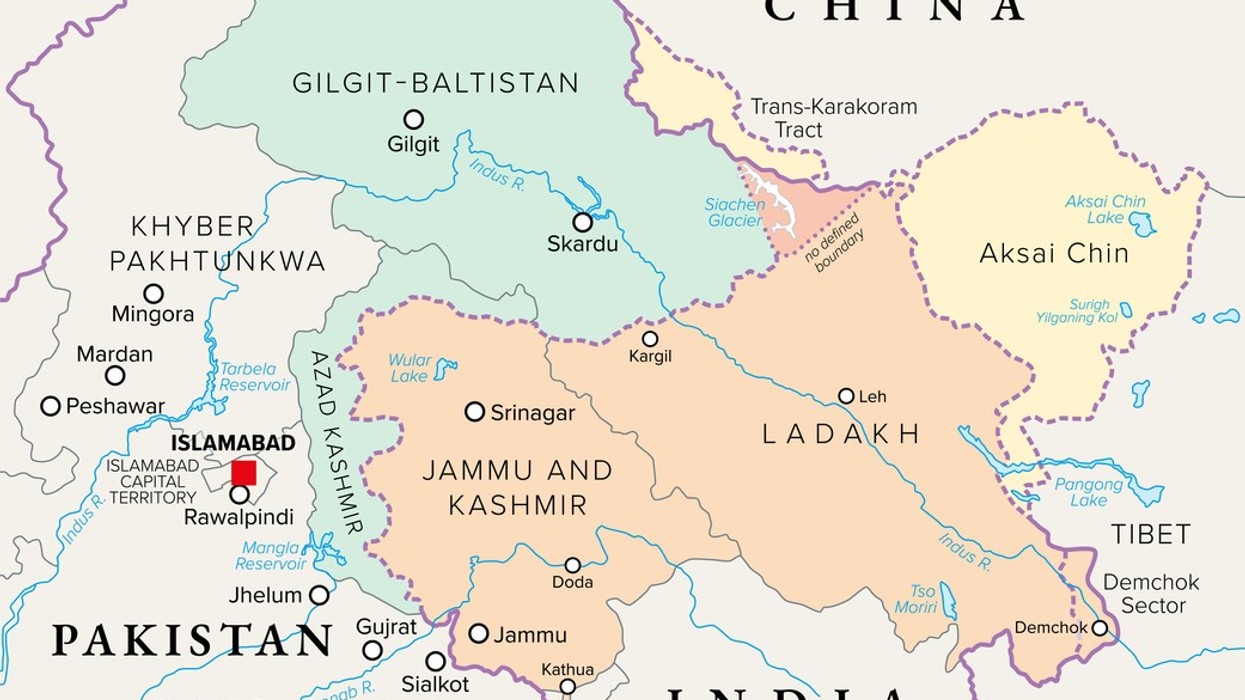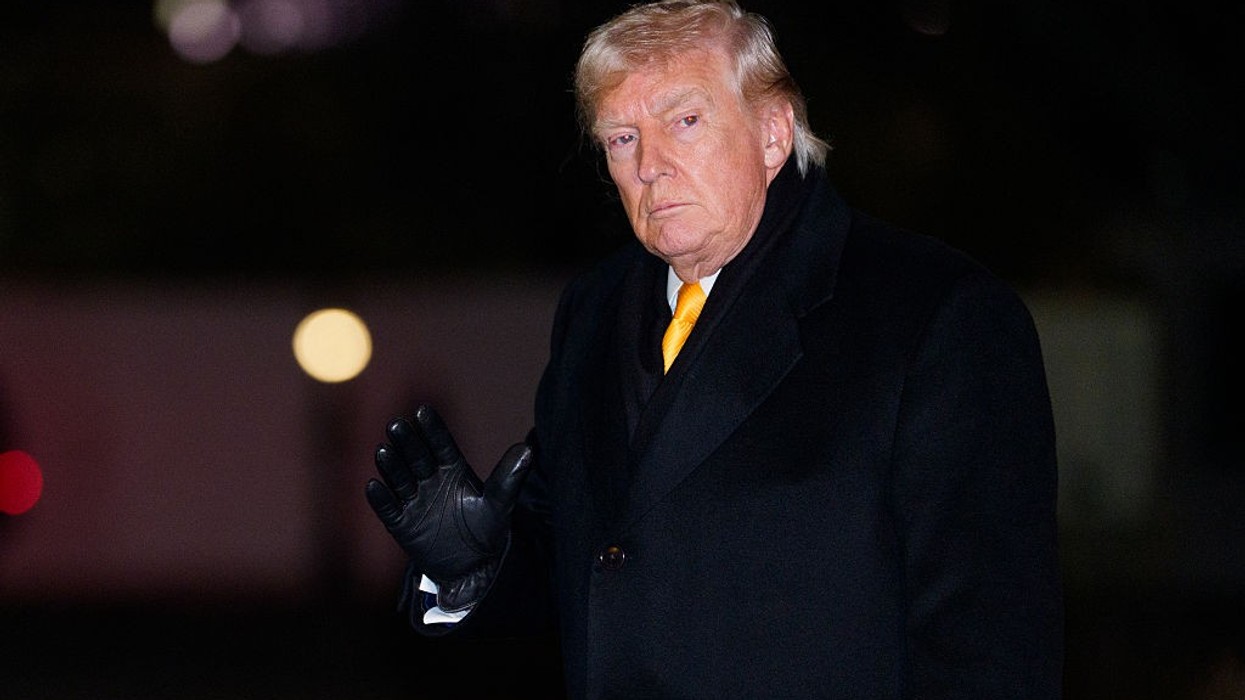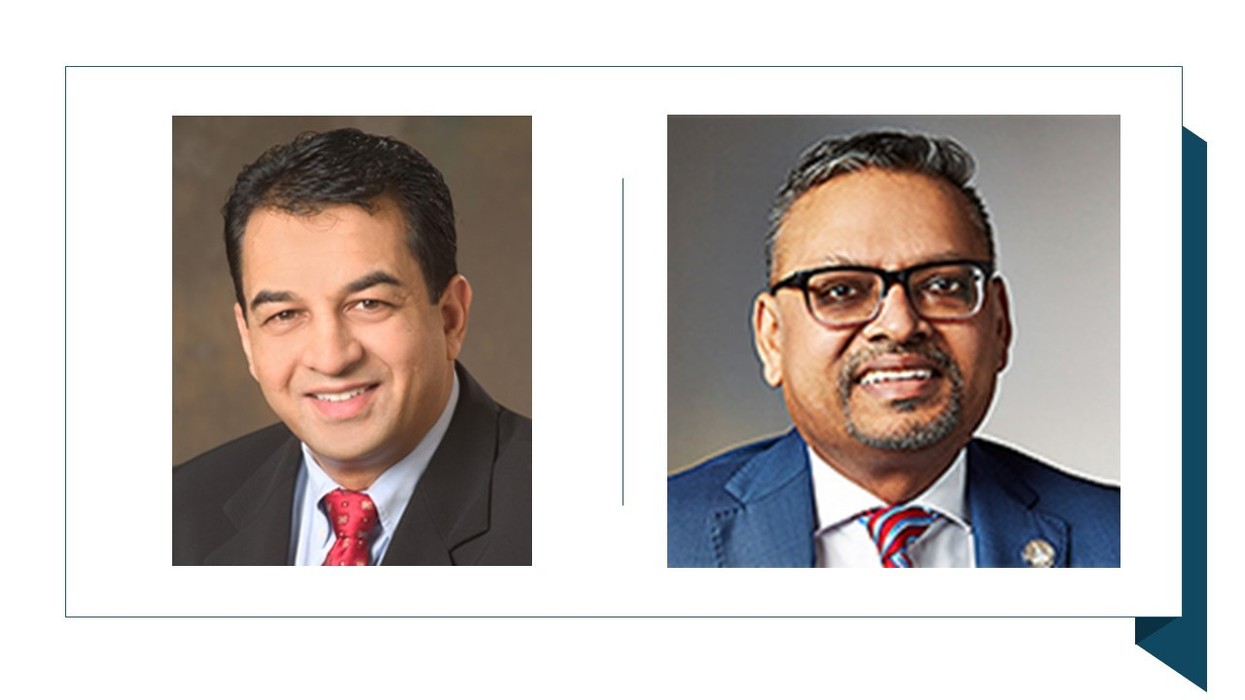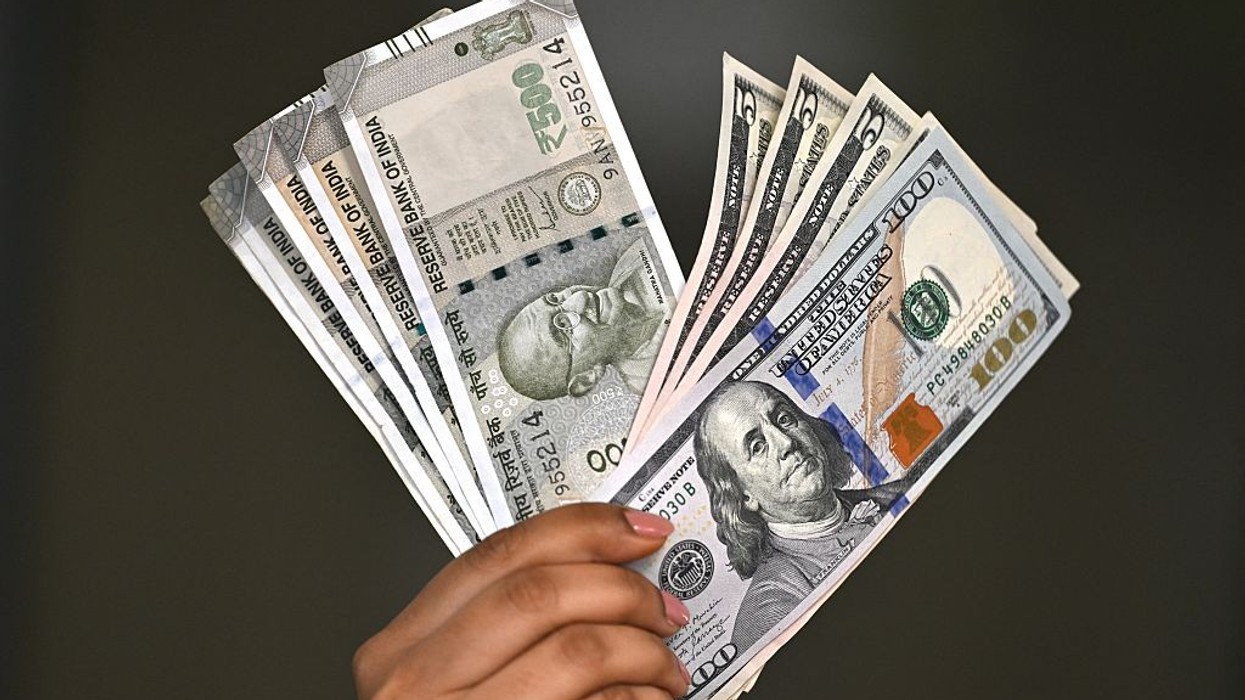INDIAN prime minister Narendra Modi is known for producing magical steps now and then and that not only bamboozle his political opponents but also surprise experts. On Tuesday (21), his ruling Bharatiya Janata Party (BJP)-led National Democratic Alliance (NDA) did something similar again by announcing the name of Droupadi Murmu as its presidential candidate for the July 18 election.
The announcement came just hours after the opposition eventually succeeded to find a candidate in the country’s former finance and foreign affairs minister Yashwant Sinha, also an ex-BJP, after a number of probable names declined to take the offer.
ALSO READ: BJP picks tribal leader Droupadi Murmu for India's presidential election
Modi made a social media post after Murmu’s name was announced, in which he said, “Smt. Droupadi Murmu Ji has devoted her life to serving society and empowering the poor, downtrodden as well as the marginalised. She has rich administrative experience and had an outstanding gubernatorial tenure. I am confident she will be a great President of our nation."
Indian opposition fields former finance minister Yashwant Sinha in presidential election
The choice of 64-year-old Murmu, who has been a minister in the eastern Indian state of Odisha and a governor of the state of Jharkhand, is a masterstroke.
The first reason is that she belongs to India’s tribal community and if elected, would become the country’s first president from the same. This factor would make it difficult for the opposition to not support her as she had been the governor of Jharkhand, a tribal-majority state which is ruled by Jharkhand Mukti Morcha (JMM), an opposition to the BJP.
The presidential election could become a tricky affair for the JMM, which is a member of the Congress-led United Progressive Alliance, as it is expected to back Sinha, a son of the soil, but has a good relation with Murmu.
The leader is also known for her strong administrative skills. In 2017, she had objected to Jharkhand’s former BJP government’s plan to amend land tenancy acts in the state, something which Jharkhand’s tribals had also opposed. With her nomination, thus, the BJP looks to better its political clout in Jharkhand, where it lost power in 2019, as well as in Odisha, Murmu’s home state, where the saffron party has always been a fringe player.
The BJP could also gain from Murmu’s candidature in Modi’s home state Gujarat, which will go to polls later this year. The saffron party has been in power in the western state for more than two decades now but there is also a growing anti-incumbency. To address the challenge, Murmu’s nomination is significant since Gujarat has a sizeable tribal population.
In the north-eastern parts of India, too, Murmu could help the BJP’s prospects. That region also has a decent tribal population (India’s total tribal population is around 8.6 per cent) and even though the region is dominated by the BJP in current times, it will aim to cement its stronghold more there.
Also in central Indian states such as Madhya Pradesh and Chhattisgarh, Murmu’s nomination could bring the BJP rich returns. In Chhattisgarh, particularly, the ruling Congress could also find itself in a spot since the state has a good tribal population and not supporting Murmu could send an adverse message to the voters there.

